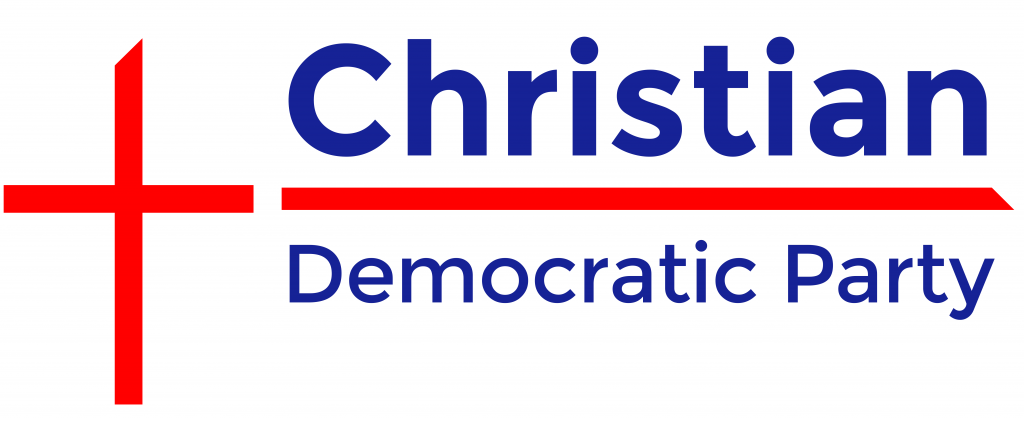Reverend the Hon. FRED NILE (18:56 :02 08/03/2017): I wish to speak about euthanasia. As members know, some members of this House and the other place have announced that they are preparing a euthanasia bill to be introduced later this year, so it is appropriate that members consider this issue. Members might remember that some years ago a euthanasia bill was introduced into this place and that bill was defeated by 25 to 16 votes. Professor Margaret Somerville, who spent 40 years living and working in Canada, held two professorships at McGill University in the faculties of law and medicine. She is now Professor of Bioethics in the School of Medicine at the University of Notre Dame Australia, Sydney.
Her return coincides with the Victorian Government flagging its intention to introduce euthanasia legislation later this year. This follows the narrow defeat of similar legislation in the South Australian Parliament last November. Professor Somerville was a prominent anti-euthanasia voice in the Canadian debate leading up to the introduction of assisted dying—physician-assisted suicide and euthanasia—laws there last year following a Supreme Court of Canada decision that found it was unconstitutional not to allow euthanasia, something I find very hard to understand.
Professor Somerville said that claims by Australian pro-euthanasia advocates, including media personality Andrew Denton, that euthanasia and assisted suicide is working safely overseas do not stand up to basic scrutiny—which is what is occurring now. She said:
Wherever it has been legislated there are very serious problems.
In Quebec, Canada, where doctor-assisted suicide has been legal since December 2015, a recent report on the first seven months of the law’s operation found that 262 people died by medical aid in dying—almost three times the number of deaths previously predicted by the province’s health Minister. In 21 of those 262 deaths, or 8 per cent of cases, the doctors had not complied with the law; 18 of the cases did not have the opinion of a second, independent doctor; in two cases it was found that the person might not have been terminally ill; and in one case it was not clear that the person even had a serious illness. Professor Somerville said:
Now when the law is brand new and you still can’t get doctors to comply with it, what hope have you got once complacency sets in? And one of the things that pro-euthanasia people argue is that euthanasia or assisted suicide will be rare. Well, 262 cases in just seven months is not rare. Officially, around four per cent of all deaths in Belgium and the Netherlands are euthanasia or assisted suicide. Now if we translated that rate to the population of Australia, we’d have about 6000 deaths by euthanasia or assisted suicide a year. I don’t call that rare.
Professor Theo Boer has also expressed concerns about the explosion in numbers of people accessing euthanasia in Belgium and the Netherlands, and the growing variety of reasons other than terminal illness for which people are seeking euthanasia. Professor Boer is a Dutch professor of ethics who supported the legalisation of doctor-assisted dying and was appointed to one of the five regional review committees set up by the Dutch Government as a watchdog over the euthanasia laws when they were enacted in 2002. He said that from 2005 to 2014 he reviewed close to 4,000 cases of assisted dying on behalf of the Netherlands Ministries of Health and Justice and believed it was working well. Recently he wrote:
But that conclusion has become harder and harder for me to support. For no apparent reason, beginning in 2007, the numbers of assisted dying cases started going up by 15 per cent each year. In 2014, the number of cases stood at 5,306—nearly three times the 2002 figure.
Today, one in 25 deaths in the Netherlands is the consequence of assisted dying. On top of those voluntary deaths there are about 300 non-voluntary deaths annually where the patient is not judged competent. Professor Boer also wrote:
Furthermore, contrary to claims made by many, the Dutch law did not bring down the number of suicides; instead suicides went up by 35 per cent over the last six years.
Professor Boer noted also a shift in the type of patients who are seeking euthanasia. In both the Netherlands and Belgium patients need only be experiencing unbearable suffering with no prospect of improvement to access euthanasia. There is no requirement now that the condition be terminal. In the first years of the Dutch laws being enacted, about 95 per cent of patients accessing euthanasia or assisted suicide were in the last days or weeks of a terminal illness but now an increasing number of patients seek assisted dying because of dementia, psychiatric illnesses and accumulated age-related complaints, with terminal cancer now accounting for fewer than 75 per cent of cases. Professor Boer said:
In some reported cases, the suffering largely consists of being old, lonely or bereaved.
Professor Boer believes the rising awareness of advances in palliative care is crucial to combating the drive towards euthanasia, especially for people who have been scarred by poor palliative care of loved ones in the past. He said:
For a considerable number of Dutch citizens euthanasia is fast becoming the preferred if not the only acceptable mode of dying for cancer patients.
Rev Hon Fred Nile MLC
For Media Interviews contact:
Rev Fred Nile (02) 9230 2478







